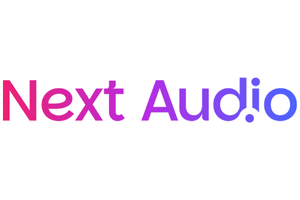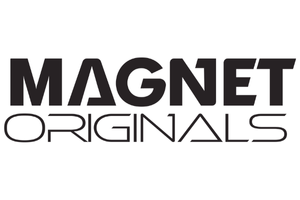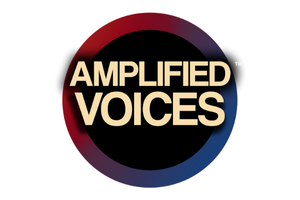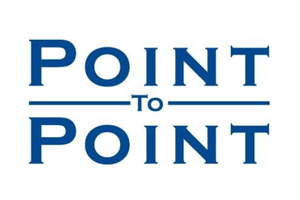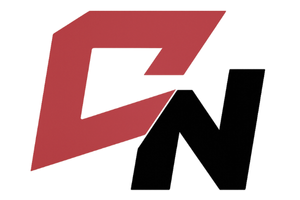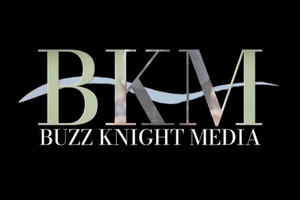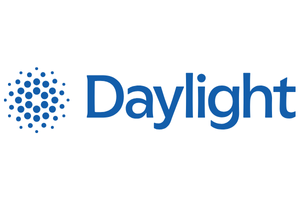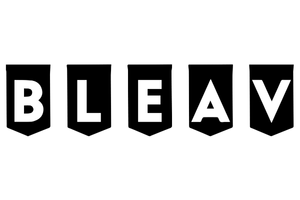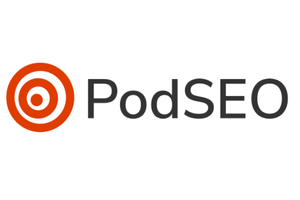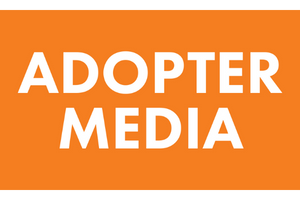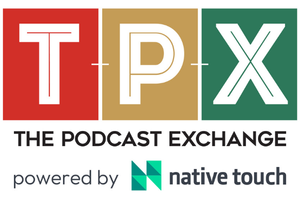The Podcast Preservation Paradox by Tom Webster
As video podcasting grows in popularity and audience share, two schools of thought have formed: preservationists who are worried podcasting could lose the soul of what makes it unique to growth-at-all-costs video, and growth advocates who welcome the YouTube expansion into podcasting as it brings new audiences. A quote from Webster:
“But here’s the thing: they’re both right, and the binary thinking is getting in the way of smart solutions.”
Addressing the preservationists, he points to data showing RRS feed episode production has declined month-over-month 4.7% according to Livewire data. Webster cautions against putting too much weight on supply-side metrics. The health of TV and film isn’t measured by raw output of episodes/movies. On the demand side, podcasting is booming with growing reach and time spent sitting at about 6 hours per week.
Currently in France, the UK, and Canada there are initiatives lobbying governments to recognize podcasting with the same protections and support mediums like TV and film already receive. A common thread among all three is an underlying anxiety that podcasting’s current growth trajectory could lead to a fundamental transformation of what they’re trying to enshrine in the first place.
And it’s happened before. Radio in the U.S. chose to treat streaming audio as an existential threat and changed drastically as a result. A quote from Webster:
“Most critically, radio lost confidence in what made it unique – live, local, communal, spontaneous – and tried to compete on streaming’s terms instead. The result? Radio ceded its distinctive value proposition while failing to win in spaces where it couldn’t compete.
The lesson isn’t that change is bad, but that abandoning core strengths while chasing new trends can be catastrophic.”
Webster proposes the solution for podcasting’s future isn’t to resist change, but at the same time it must ensure support for formats that can’t adapt to the economics of video production. Video podcasting has largely defaulted to chat-show styled productions because they’re economical to produce. Simple sets, small crews, stable conditions. Certain genres that thrive in audio podcasting immediately become economically difficult, if not impossible, when video is introduced. Fiction, documentaries, investigative journalism, they could go extinct in a video-only world. The onus is on podcasting to ensure economic forces don’t inadvertently narrow the industry’s creative possibilities.
How Alitu Ended Up at WWDC – An Interview with Colin Gray
As part of Sounds Profitable’s mission to uplift and connect the podcast industry, we’re conducting a series of interviews with industry professionals and leaders to share their stories and insights about where podcasting is, and where it’s going. This week’s subject is Colin Gray, founder of The Podcast Host and Alitu. Recently the Alitu editor made an appearance on screen during WWDC discussing updates to the Safari browser. A quote from Gray about seeing Alitu on the stream:
“It was partly a surprise, but partly arranged ahead of time. We’d been talking to the Safari developer team in particular around making Alitu more compatible with Safari. Safari has always had some small issues in the past with running web apps to the same state that Chrome has, but they’ve done a lot of work in the past year or so to bring it up to the same standard.”
Gray has been in the podcasting world for quite some time, launching ThePodcastHost back in 2010, in addition to teaching podcasting in universities as far back as 2007. In his time in the industry, he’s seen the evolution of podcasting tech and worked towards making the industry more accessible.
“It’s been such a privilege over that amount of time to reach so many people, to help so many shows start throughout that time. People come up to me quite often at events and say, like, how their podcast began because of the content they found on our websites or in our podcasts, and how it wouldn’t exist without it- they claim. I’m sure it would regardless, but it was great to be a help.”
On July 15th YouTube will update its YouTube Partner Program Monetization policies with more detailed guidelines on what can and cannot qualify for monetization. The specific language of the update has not been released. A quote from Perez:
“Some YouTube creators were concerned that the update would limit their ability to monetize certain types of videos, like reaction videos or those featuring clips, but a post from YouTube Head of Editorial & Creator Liaison Rene Ritchie says that’s not the case.”
Ritchie’s video says the update is minor, intended to better identify and strengthen existing policies against monetizing content that is mass-produced or repetitive. Which keeps things in line with the YPP requirement that creators upload “original” and “authentic” content. While not explicitly called out in the video or existing language, outlets like TechCrunch and Mashable are supposing this is a step towards kneecapping both the gray area of content farms re-uploading content (which is technically against YPP standards), as well as the burgeoning field of generative-AI “slop” content.
Spotify ensures podlink’s future by James Cridland
pod.link is headed home and Podnews has the story. Originally developed by Nathan Gathright, the service allows podcasters to share a single url that leads to a landing page for a podcast that aggregates every place the show is available online. Gone are the days of sending a Spotify link to an Apple Podcasts user.
In 2021 the service was acquired by Podsights, which was then acquired by Spotify in 2022. A quote from Spotify provided to Podnews:
“Spotify is committed to building great products that help creators succeed. As we continue investing in native solutions that help creators and publishers track and promote their podcast episodes more effectively, we’ve decided to return Pod.link to its founder.”
Spotify is in the process of returning pod.link to Gathright, with a focus on making the transition as seamless as possible to not interrupt service for those using it.
Finally, it’s time for our Quick Hits. These are articles that didn’t quite make the cut for today’s episode, but are still worth including in your weekend reading. This week:
- The Podcast Host has launched the Indie Podcasters’ Survey 2025, an anonymous survey of podcasters’ experiences in 2025, with entrants entered into a drawing to win $500 in audio gear from Lewitt.
- While it’s logical to presume a host-read ad campaign didn’t work because the show, host, or audience are a bad fit for that brand, Paul Riismandel shares three common data-backed problems found in host-read campaigns.
- Bestselling author Gretchen Rubin has signed to Backyard Ventures, growing their developing newsletter portfolio with Rubin’s suite of publications.
- AdExchanger covers Sounder’s new version of their brand suitability and contextual targeting tool for podcasts, which is specifically designed to understand the nuances of Spanish-language audio content.
- Spooler, in collaboration with Pantheon Media and the San Francisco Travel Association, has published an interactive Grateful Dead-focused puzzle podcast in celebration of the band’s 60th anniversary.







